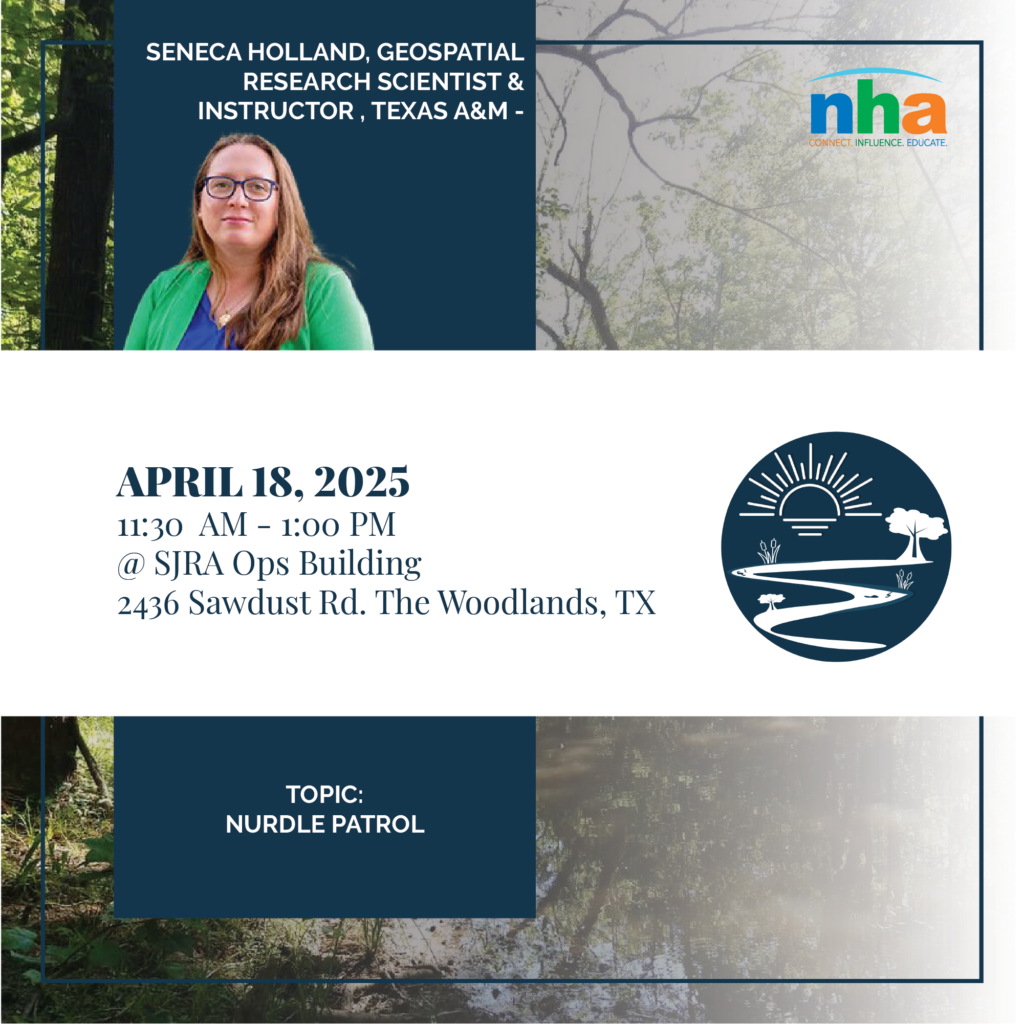The North Houston Association’s Legislative Subcommittee recently learned about a state commission that has saved $683 million since its inception in 1977. State Representative Fred Bosse, District 128, is chairman of the Sunset Advisory Commission and updated NHA members on the commission’s purpose and current activities. “Our orientation is to assure that agencies are still performing their necessary function and performing them in a way that they’re most responsive to both the citizens of the state and the regulated community,” said Bosse.
Out of the 214 state agencies, about 150 of them come under review. All of these agencies have an expiration date and are reviewed in a 12-year cycle. If a particular agency needs to be reviewed ahead of its scheduled date due to urgent issues, special provisions can be made.
The Sunset Advisory Commission has a staff of 30 in addition to four House, four Senate, and two public members.
After the legislature sets the time frame for an agency’s review, the commission’s staff evaluates the agency, develops recommendations and publishes a staff report. This is accomplished with input from the agency being reviewed, interest groups, affected agencies and other interested persons. The commission receives its staffs recommendations, agency responses and public testimony just before conducting public hearings. Following the public hearings, the commission decides on recommendations to the legislature, which take the form of a bill. The bill is filed, and if passed, the agency continues with the recommended legislative modifications. If the bill fails, the agency is abolished and begins a one-year shut-down process. The Texas Natural Resource Conservation Commission (TNRCC) is one of the 12 agencies up for review, and a large amount of staff and resources are allocated for this multi-issue agency.
“Everything from water district and air quality issues to low-level nuclear waste and tire recycling are covered with the TNRCC,” said Bosse.
In a typical review process, the number of initial issues mentioned ranges from one to 15. In initial evaluations of the TNRCC, 128 issues have been noted.



